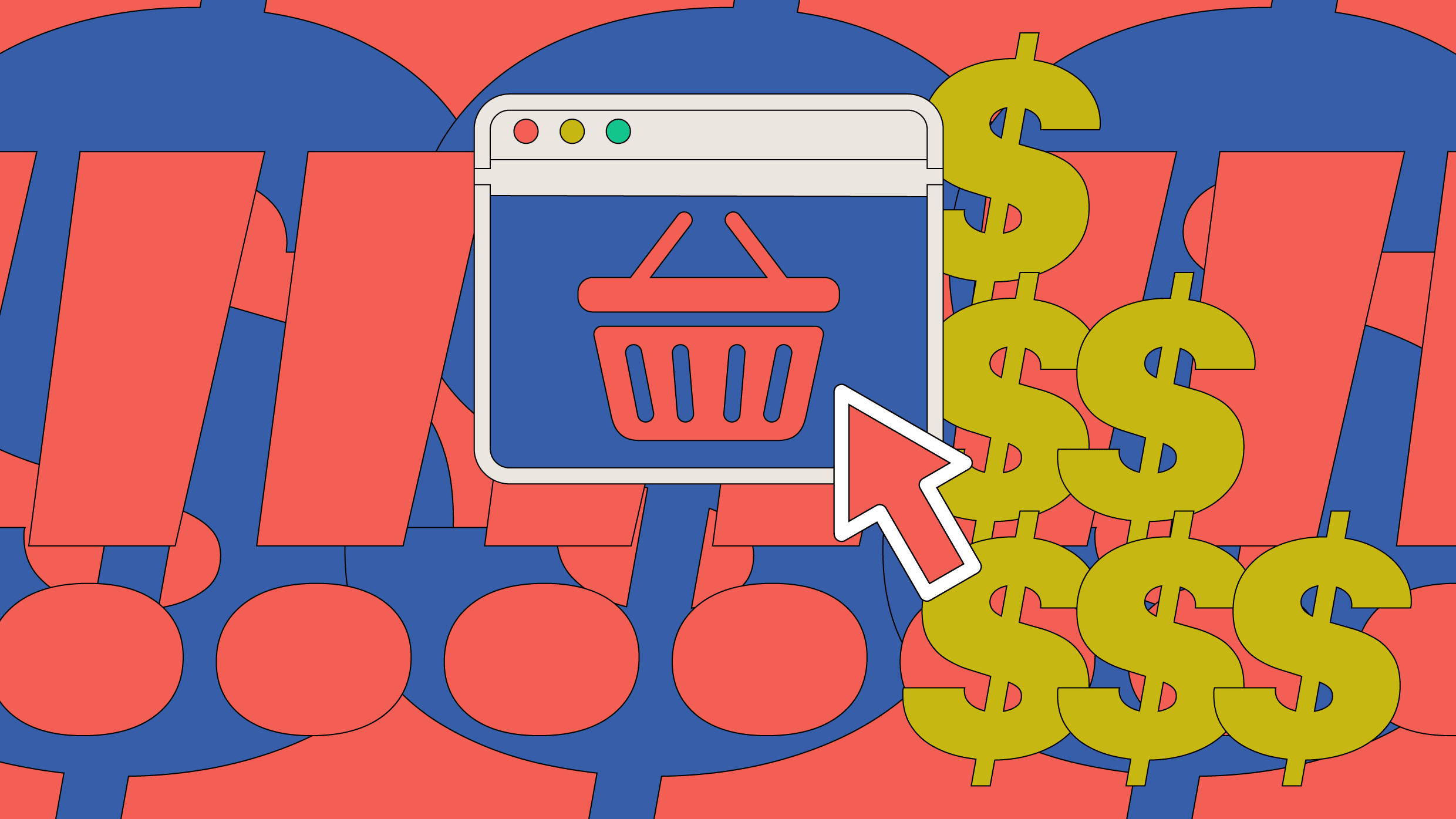
"Following Trump's chastisement, Amazon denied the claim, stating that while its low-cost Temu competitor Amazon Haul had considered the idea of listing import charges on certain products, the company never considered listing tariff upcharges on its main site, and that such a plan "is not going to happen.""
"The Trump administration did not exactly respond to the idea of a price transparency label with an even keel. In a press briefing yesterday, White House press secretary Karoline Leavitt called Amazon's purported design update, which had yet to be confirmed, "a hostile and political act.""
"By jumping to condemn Amazon's potential new feature, the White House as good as broadcasted that it's worried about companies exposing how much the president's tariffs are costing consumers, and it's prepared to name and shame them to prevent that from happening."
"But its heavy-handed reaction also points to how, with just a few design tweaks, private companies could play against the administration's self-inflicted political weak spot to gain consumer trust and influence the public messaging game on tariffs, if they're brave enough."
The Trump administration reacted strongly against a report suggesting Amazon might highlight tariff costs next to product prices, labeling the idea a "hostile and political act." This highlights concerns that transparency about tariffs could expose their consumer impact, prompting the administration to try to suppress such visibility. Although Amazon denied plans to implement the transparency feature, the incident underscores a vulnerability for the administration and an opportunity for companies to leverage design changes to improve consumer trust in an environment of economic uncertainty.
Read at Fast Company
Unable to calculate read time
Collection
[
|
...
]